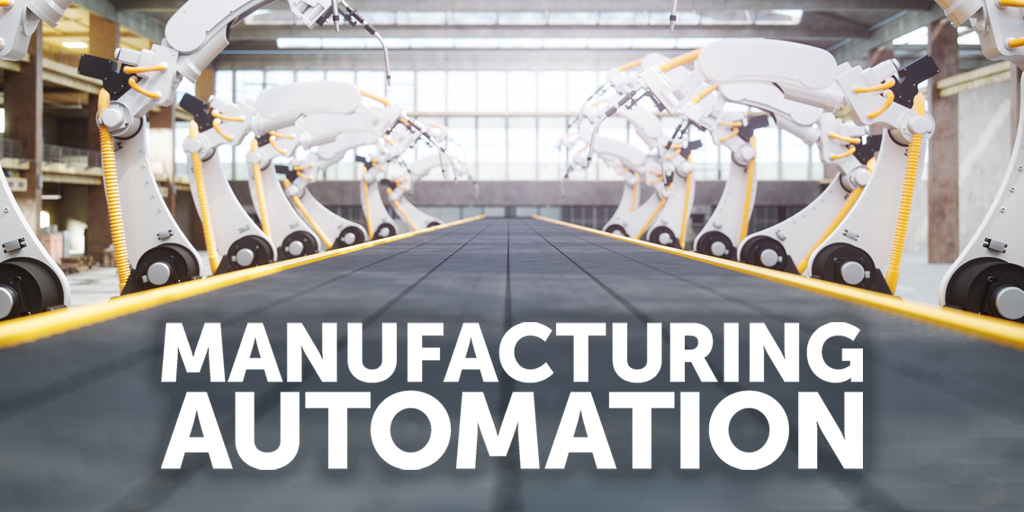Warehouse efficiency today is built on the foundation of automation and data-driven operations. Increasing demand, a flourishing eCommerce industry, and intense rivalry have prompted practically every storage, logistics, and retail organization to explore incorporating warehouse automation technologies into their operations. On the other hand, the tactics they use differ significantly depending on the magnitude and budget of the project.
- Solutions for inventory management in warehouses
WMS (warehouse management software) is a broad category of solutions that may be smoothly integrated into the warehouse operations process. They give managers more visibility and control, and, in the end, they enable them to completely automate supply chain activities from order placement through distribution and delivery.
We’re talking about systems that operate on a variety of scales. Storage and warehouse management systems (WMS) are standard technologies that assist warehouse managers in planning and automating daily routines across the warehouse, maintain and locate inventory, manage staff operations, and create customized workflows. It is an essential back-office toolkit for firms of all sizes because of the many benefits that automated warehouse management systems provide.
A warehouse automation companies provide several advantages.
- Efficiency and client satisfaction are two critical factors in every business.
One of the primary reasons significant retailers and logistics organizations engage in the development of fully automated warehouse systems is to improve operational efficiency and meet the expectations of an increasingly demanding consumer base. Smart warehouses now have significantly greater levels of efficiency throughout, are constantly refilled and resupplied, and enable services such as same-day delivery to be provided.
- Labour management is a broad term that includes various types of jobs.
Although it may seem backwards, a significant portion of the advantages of warehouse automation are geared at warehouse staff. As opposed to taking over people’s occupations, mobile robots and drones, for example, may reduce on-site commuting time while still doing all of the monotonous tasks. In addition, it enables better management and use of human resources in warehouse operations.
The outcome is that warehouse staff are more intellectually stimulated, more content with their employment, and more eager to continue to develop their abilities.
- Safety
For warehouse automation technology development to be considered, the increased safety of people and products must be a primary consideration. Storage and distribution operations are often connected with a variety of high-risk tasks, such as carrying oversized pallets and high racks, working in a high-traffic area and, in some instances, dealing with poisonous items (e.g. chemicals). Today’s robots can do the majority of these tasks, removing the need for people to take unnecessary risks.
- There will be fewer mistakes.
Automated inventory may be used in a variety of different ways. Mobile applications and fleets of drones outfitted with barcode scanners are examples of independent systems, while others are integrated into more extensive networks of systems. Another group is a component of larger automated warehouse management systems. Whatever approach is used, the primary purpose of inventory automation is to provide more accuracy and control over both storage and goods. As it turns out, this is one of the most significant benefits of warehouse automation since error-free inventory ultimately translates into a decrease in losses and waste.
- Cost optimization has been achieved.
The cost of warehouse modernization projects is high, but the benefits are frequently seen quickly. One of the reasons for the amazingly rapid return on investment is the many additional savings points given by automation — decreased labour costs, increased performance-optimized handling and storage costs, minimized inventory mistakes, eliminated hazards of mistreatment and product loss, and so on. In addition to providing verifiable and concrete outcomes, this is one of the warehouse automation advantages that often serve as the essential motivation for warehouse modernization.
- Scalability in a short period of time
Among the many advantages of warehouse automation technology is the ease with which it can be scaled up and down to meet changing customer demand. Retail businesses, for example, do not have to scramble to double their staff for the Christmas season or deal with the hassles of temporary hiring. As an alternative, businesses may change timetables and reprogram their fleets to handle more considerable input and output volumes, allowing personnel to devote their time to more client-centric tasks such as customer support, holiday packing, and so forth.
- Increased resiliency
When the pandemic struck, warehouses that were highly automated had an advantage since they were, by default, more robust to unanticipated changes. However, the long-term increase in demand for consumer goods, as well as increased safety, sanitation, and social distance regulations, have had a negative impact on purely human-operated warehouses. Contrary to this, the organizations that were able to mobilize their warehouse cars and robots while simultaneously controlling all of their inventory and operations from a single dashboard were better equipped.
- Sustainability
Sustainability is high on the priority list of practically every company, and the retail and logistics industries are no different. Organizational leaders may achieve their environmental objectives with the support of warehouse management systems and other automation technology. Intelligent warehouse management systems that use predictive analytics, condition monitoring, and other advanced technologies help managers maintain better control over warehouse resource utilization, optimize space utilization, and incorporate basic green practices such as recycling into their operations.
- Maintenance that is more efficient
Managers can maximize the utilization of equipment, avoid downtime, and ensure that warehouse infrastructure functions as it should by using IoT data and artificial intelligence technology for condition monitoring and predictive maintenance.
- Possibilities for growth
Digital technologies open the door to a slew of new possibilities. Perhaps the most apparent advantage of warehouse automation is the capacity to maintain ongoing activity around the clock, which may be accomplished by fleets of robots and drones.
That’s not all there is to it. To improve efficiency, warehouse managers may employ sophisticated analytics tools and data gathered from different on-site systems (such as traffic flow, fleet monitoring, space usage, and others) to better comprehend process adjustments and workflow optimization. So, these were some extraordinary benefits of manufacturing automation companies.





